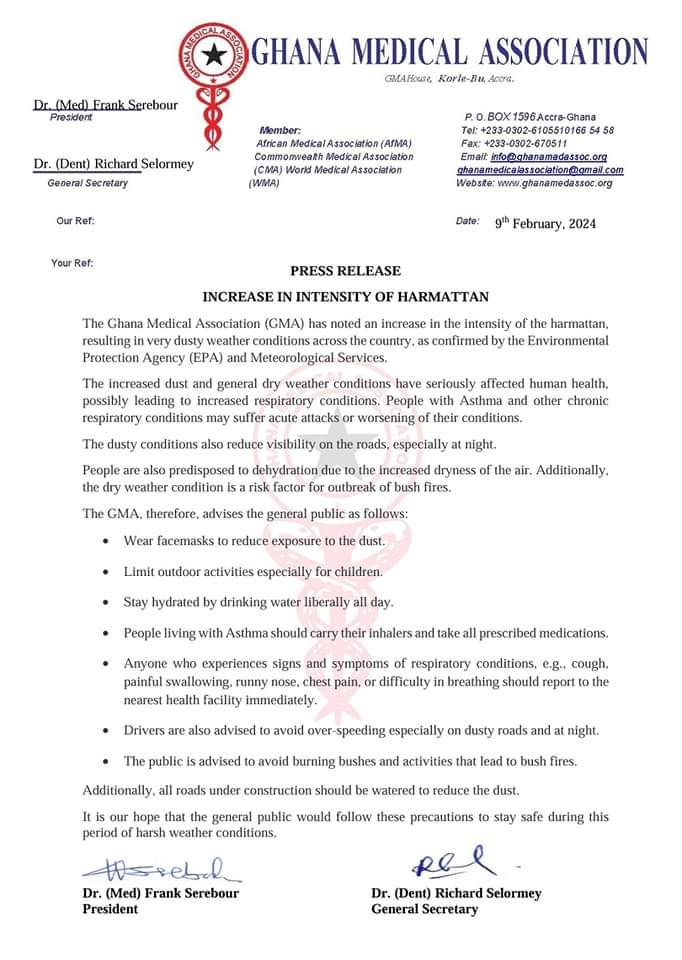
Engineer Emmanuel Johnson, Regional Chief Manager-Ghana Water Company Limited (GWCL), not too long ago expressed deep concern over the harmful effects of sand-winning, effluent discharge and other destructive human activities on the Densu River, which houses the Weija Dam.
According to him, discussions around water pollution often focus on illegal mining (galamsey), but other human activities also pose significant threats to the country’s water-bodies.
The Densu River, which supplies water to the Weija Dam, suffers serious pollution from these activities.
Meanwhile, doctors at Komfo Anokye Teaching Hospital (KATH) in Kumasi announced the suspension of all surgical cases due to a water shortage that has hit the hospital since last week.
In a memo dated March 25, 2025, the Komfo Anokye Doctors Association informed management the action is in the best interest of patient’s safety and security. According to the Association, the directorate is faced with severe challenges due to an ongoing water shortage that has significantly affected the provision of essential healthcare services.
Indeed, Ghana’s water-bodies – including rivers like the Pra, Ankobra, Birim and Offin, are facing severe threats from illegal mining (galamsey), industrial and domestic waste pollution and climate change, potentially leading to water scarcity and health problems.
We should all be disturbed that the Ghana Water Company Limited (GWCL) is raising concerns about the deteriorating state of the Densu River, warning that human activities beyond illegal mining are severely polluting the water-body.
Meanwhile, GWCL loses 51% of the water produced nationwide due to leakages, burst pipes and illegal usage. To make matters worse, it collects revenue for only 41% of the water supplied.
Blessed with abundant rivers, lakes and reservoirs, Ghana’s water is not just a resource but a vital component of cultural, economic and environmental sustenance. Therefore, concerted action is imperative to ensure the preservation of this invaluable resource for future generations.
As urbanisation expands, the need for clean, potable water becomes imperative; that’s why it is important for all such human activities which contribute to the pollution of our water-bodies be checked, halted or even sanctioned.
Every action – no matter how small – toward water conservation and environmental protection makes a difference. World Water Day is an annual United Nations observance day held on March 22nd to highlight the importance of freshwater conservation and the sustainable management of water resources worldwide.
The post Editorial: Destructive human activities pose huge threat to water-bodies appeared first on The Business & Financial Times.
Read Full Story













Facebook
Twitter
Pinterest
Instagram
Google+
YouTube
LinkedIn
RSS